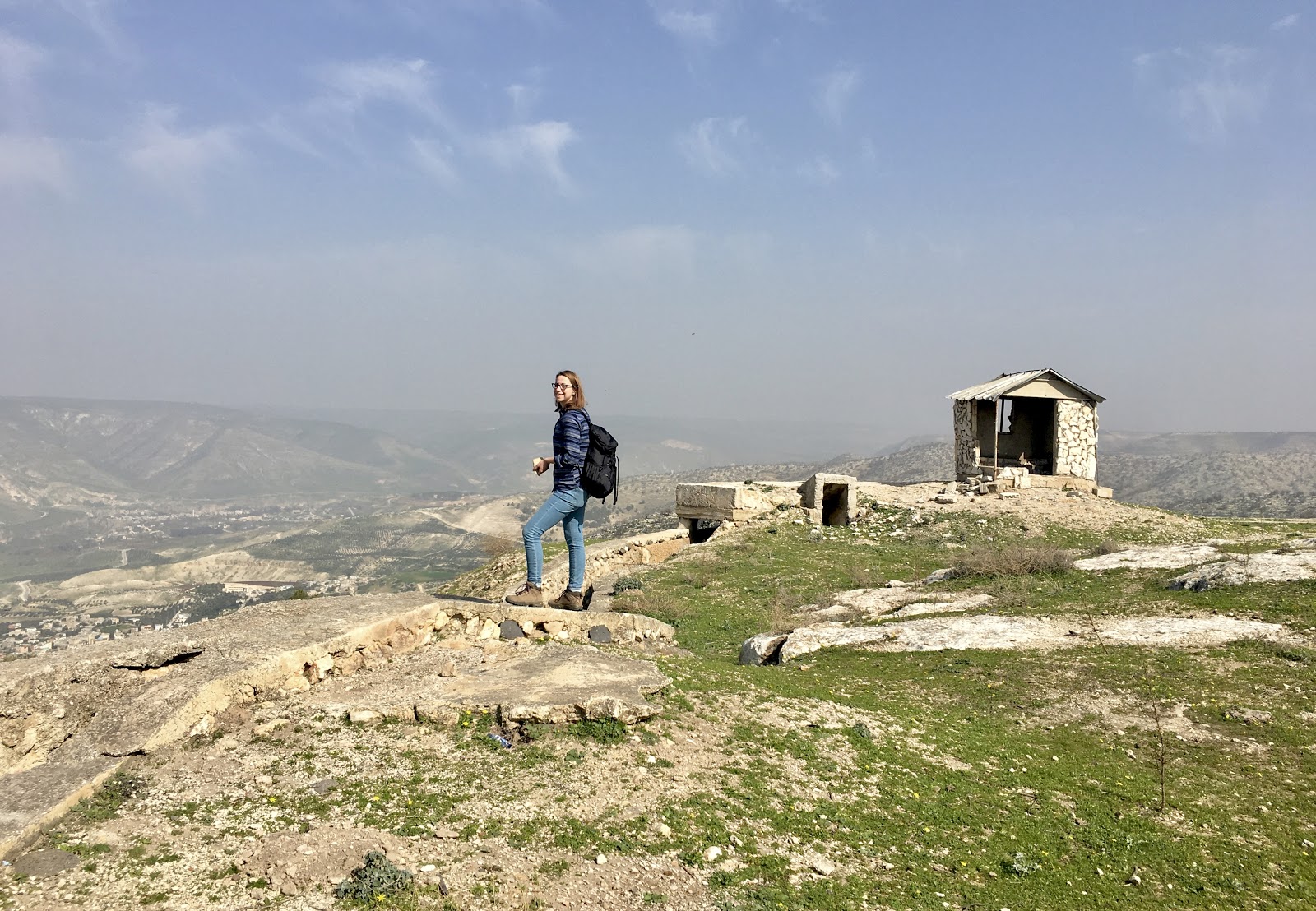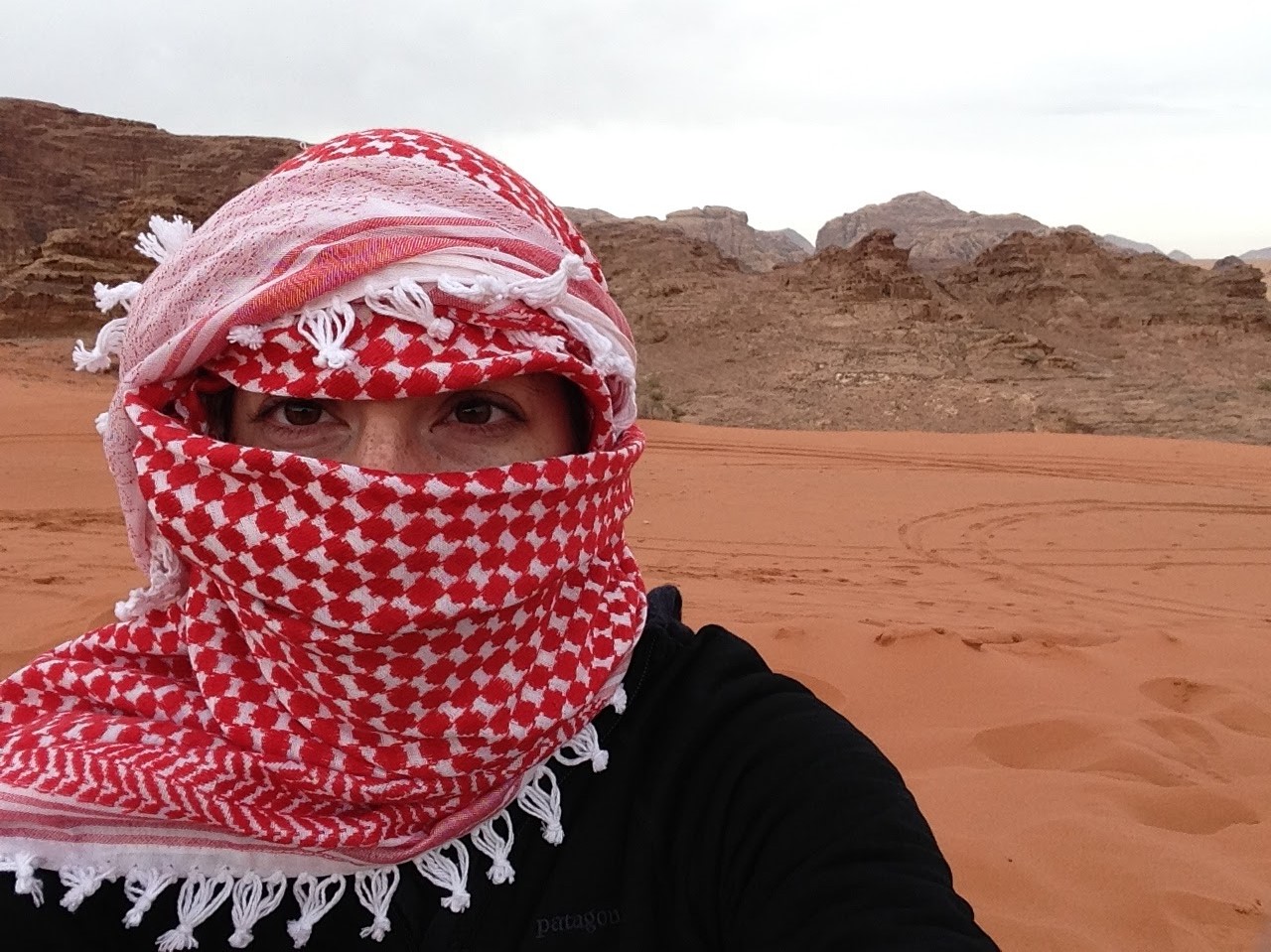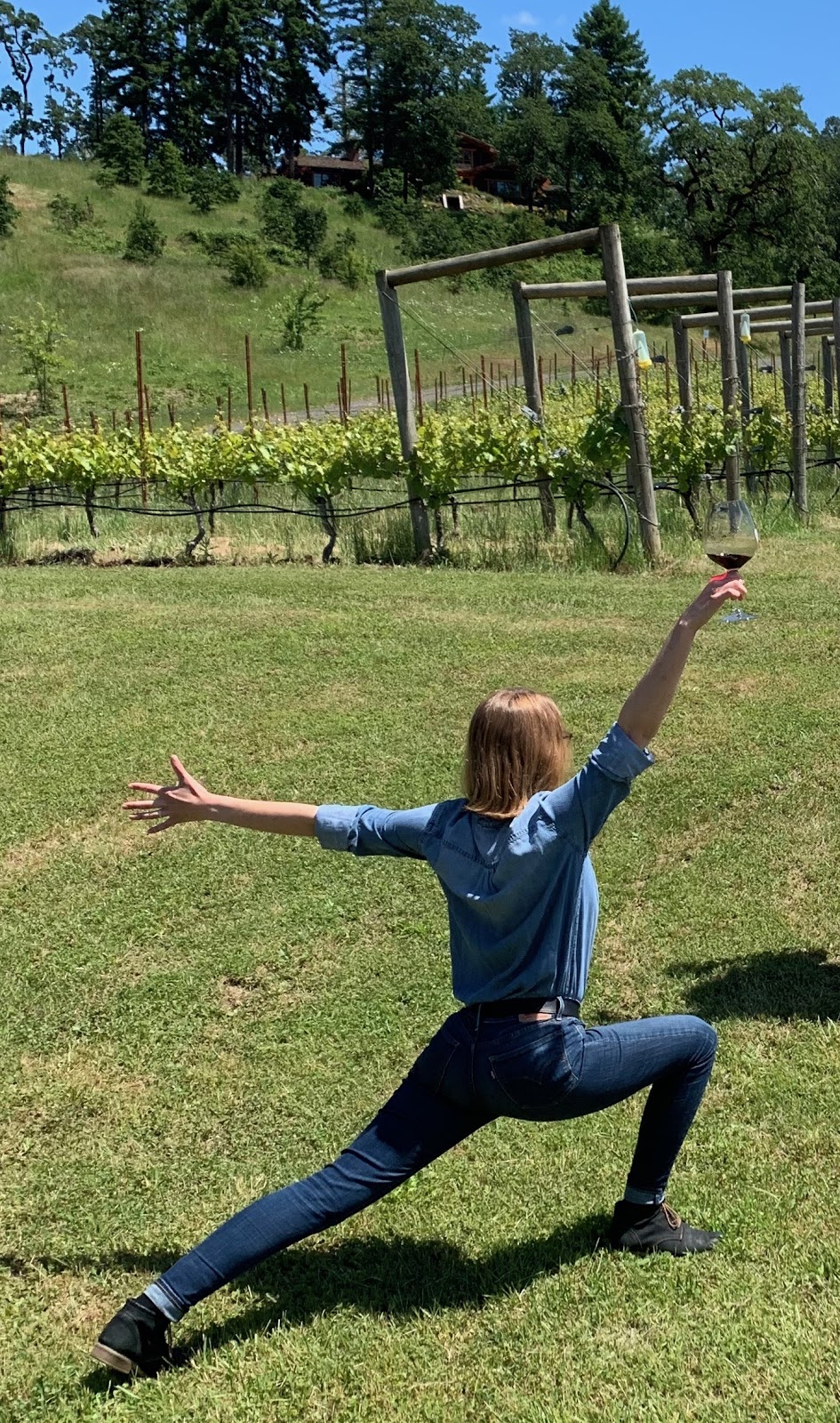I was a climate denier. Now, I’m a campaigner in the fight against climate change.
It all started to change when I took a shower in Jordan.

It all started to change when I took a shower in Jordan.
Most of the people in the community I grew up in never quite got on board with believing in climate change. Especially in the older generation, who remembered a 1970s conviction that the Earth was going through a period of global cooling, there was a tendency toward skepticism about science and the academics from the so-called “the Ivory Tower.”
While I had a vague awareness that most scientists believed climate change was caused by humans, I wasn’t sure what that meant. I thought that climate change was within the normal limits of what the Earth had experienced in the past, and that humans had little to do with it. My trust in science and the academic world was growing, but some things take an experience, rather than an idea, to change.
My time studying in Jordan was that experience. In Jordan, water is scarce. As a typical American used to plentiful resources, I had never taken a cold shower in under two minutes before, but in Amman, Jordan, conserving water and energy was critically important. Taking a cold, two-minute shower was the right — even necessary — thing to do.
In my head, I knew that I should try to conserve water at home, too, (after all, you don’t have to believe in climate change to believe in conserving resources). Yet I had never been confronted with the cold (very cold) reality of limited resources. So, I began to dig deeper.

Exploring Wadi Rum, the heart of the Jordanian desert.
I dug into scientific literature and learned as much as I could. My earlier belief that science was a fixed truth changed as I recognized that our understanding of it is always changing, always learning, always growing – and we must grow with it. When I read “The Structure of Scientific Revolutions” by Thomas Kuhn, I came to understand how climate science was a revolution, changing the paradigm as we knew it. Not only was the planet warming due to human activity, but we had limited time to act before we faced dire consequences.
The Middle East in particular is going to be hit hard and fast by climate change. Desertification will suck the water out of already dry areas. Its impact is already visible in the rapid depletion of reservoirs and decreasing streams and rivers.
But I didn’t have to look to the east to see the effects of climate change. The mountains and rivers of my home state of Colorado were already being affected. Snowpack was disappearing. Reservoirs were drying up. Farmers – even die-hard Republicans that I had worked with in the state capitol – had begun to sound the alarm bells about climate change.
It was time for me to wake up.
Two years in the Oregon wine industry cemented my fledgling belief in climate change. Dry-farmed vineyards were switching to irrigation, fights over water rights were becoming increasingly common, and average temperatures were rising as the rainy season became shorter.
I had to do something about it.

Celebrating a great Oregon vintage.
This year, I moved back to Denver and found my way back into politics. I had worked as an organizer on college campuses before, but now I was ready for national level organizing to save our environment. With my background in water law, and my penchant for outdoor wandering, clean water and accessible open spaces were particularly important to me.
Environment America gives me the opportunity to fight against climate change. As a digital associate, I use digital tools to raise awareness, empower everyday citizens, and generate actions big and small that promote a healthy environment for all.
This fight will extend beyond my generation and into the next, but it’s a privilege to be part of taking a step forward for our planet. The catalyst for change is you and me, everyday people, making small steps together that can make a literal world of difference.
